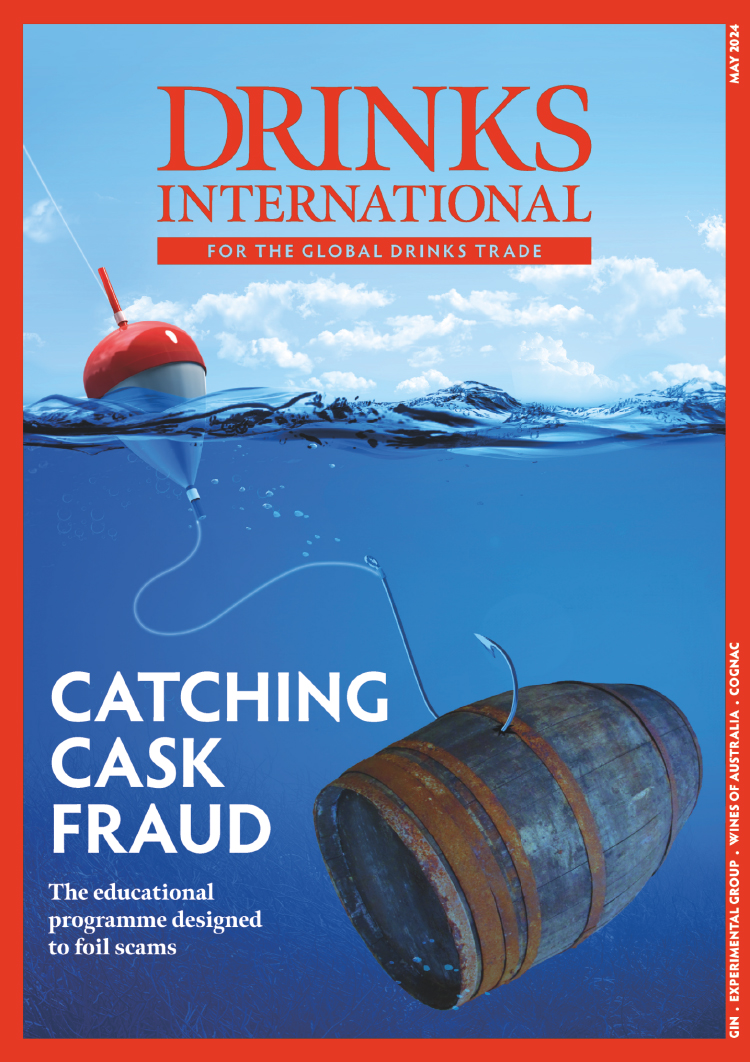The data provider conducted an assessment of alcohol consumption in 19 key global markets, plus travel retail, and concluded that the industry has proved more resilient than initially feared.
IWSR initially predicted double-digit declines for 2020 as a result of the Covid-19 pandemic, but it has now revised that forecast and expects a year-on-year decrease of just 8%.
It warned that long-term recovery will be slow, but added that the potential for a coronavirus vaccine could help.
“Given the incredibly tough measures the industry has continued to face due to Covid-19, it’s encouraging to see that beverage alcohol in the 19 focus countries is only projected to decline by 8% in 2020, rather than by the double-digit losses originally expected,” said Mark Meek, IWSR chief executive.
“Excluding national spirits such as baijiu and shochu, total beverage alcohol in the 19 focus countries will recover to 2019 levels by 2024. We may see that recover even faster now, given the recent news on encouraging vaccine trials.”
The key markets reviewed were Australia, Brazil, Canada, China, Colombia, France, Germany, India, Italy, Japan, Mexico, Poland, Russia, South Africa, Spain, Thailand, Turkey, UK and US. Along with travel retail, that covers 75% of the global drinks trade.
The US and China have been the key drivers of global beverage alcohol growth, with the US and Canada expected to show actual volume growth in the sector, both up 2% from 2019. This consumption volume increase observed in the US is in line with 2019 trends, with gains in ecommerce and off-trade compensating for heavy losses in more lucrative on-trade channels.
China has also performed better than initially predicted, with the country’s international spirits sales expected to see a full recovery by 2021.
Markets that implemented bans on alcohol, such as India, South Africa and Mexico, will unsurprisingly see the largest volume losses this year. Global travel retail has also been badly affected and, with the major disruptions to international travel, this channel will see volume consumption to decrease by an estimated 68% in 2020.
While the on-premise has suffered long-term and potentially permanent damage in many markets, ecommerce has boomed. The value of ecommerce in Australia, Brazil, China, France, Germany, Italy, Japan, Spain, UK and US is forecasted to reach $17bn in 2020, a 40% volume growth, and expected to grow to more than $40bn by 2024.
Only the RTD category will see volume growth this year, up 43%, largely driven by a strong performance in the US.
Much of the success of RTDs has been beer’s loss. Alongside wine, the beer category suffered from the disruptions to the on-trade, and both categories are forecast to decrease by 9% in 2020 and expected to take several years to return to 2019 volumes. Low and no-alcohol beer is expected to be more resilient and will experience volume growth of 5.9% between 2019 and 2024.
Total volume consumption of international spirits is expected to fare better than beer and wine and recover fully by 2022, projecting a 7.2% category loss in 2020.
“Covid-19 has had a polarising effect on the world economy and thereby the global beverage alcohol market,” said Meek. “Large markets such as the US and China have survived the best, while less developed regions and countries such as Africa, Mexico and Argentina have unfortunately suffered more. Very premium high-end spirits have also held up well, while low-end and value products have seen gains in struggling markets as Covid-19 leads to downtrading. Some of the more standard middle ground categories, blended Scotch for example, have lost share.”




